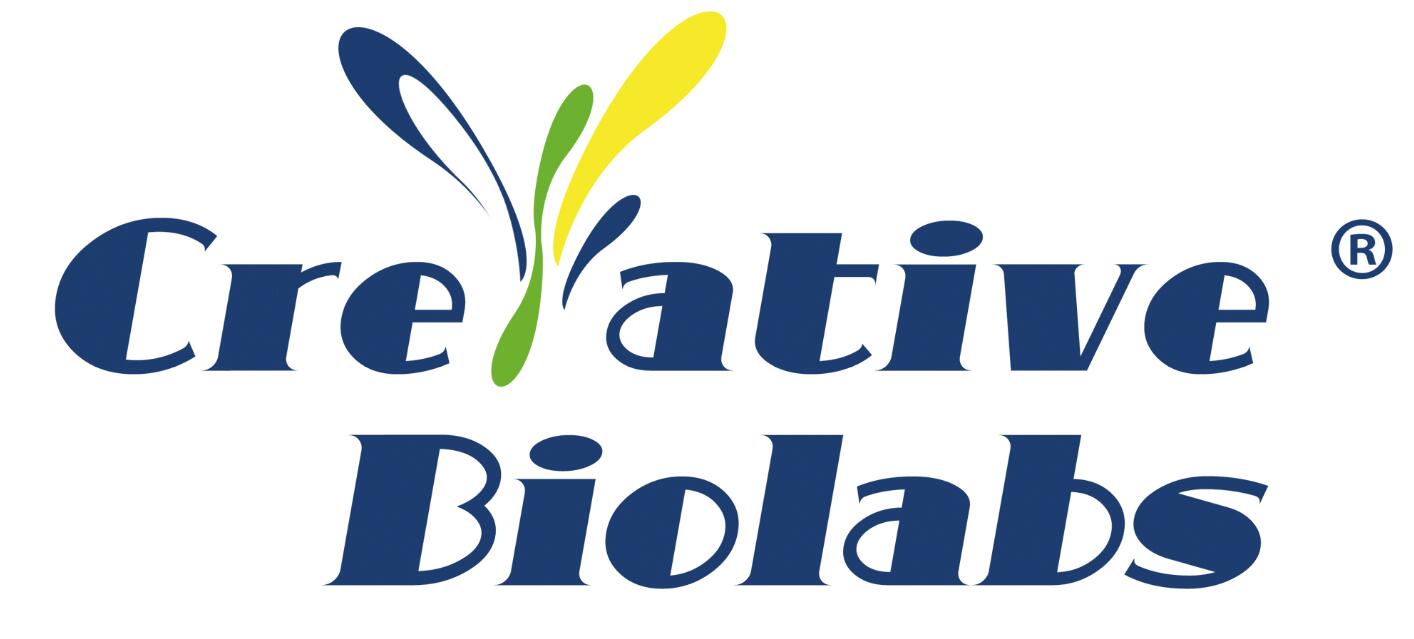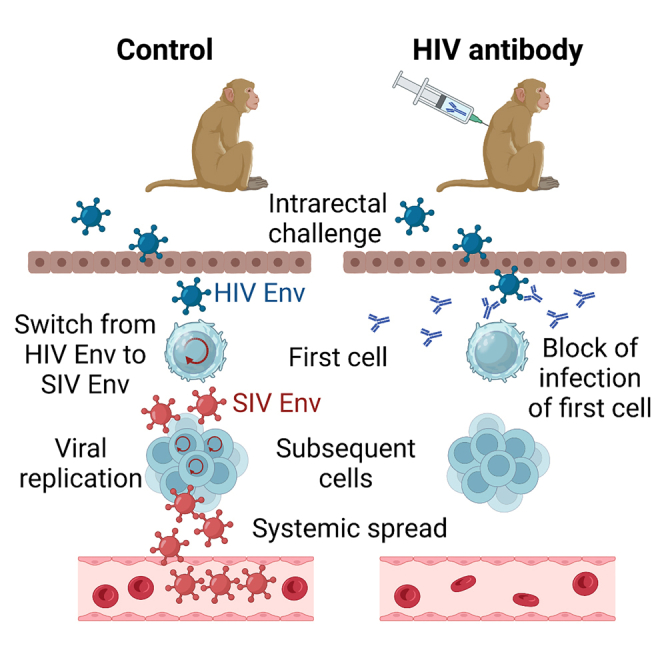Neutralizing antibodies targeting HIV-1 Env have now been shown to protect against systemic infection. Recently, scientists from the University of Bochum in Germany and other institutions have discovered through research that HIV antibodies may provide sterilizing immunity by inhibiting the infection of the first cell.
Fig. 1 HIV-1 neutralizing antibodies provide sterilizing immunity by blocking infection of the first cells. (Viktoria Stab, 2023)
Researcher Dr. Klaus Uberla said HIV is a virus that can be transmitted through body fluids. In most cases, it is able to pass through the mucosa of the reproductive tract or rectum with the help of HIV envelope proteins, passing through single cells of the immune system located in the mucosa. And here it begins to cause the virus to spread throughout the body, thereby weakening the host’s immune system. Since scientists first discovered HIV infection in 1981, the virus has spread rapidly among the population. According to data from the United Nations Program on HIV/AIDS, as of 2022, approximately 39 million people worldwide will be infected with HIV. There is currently no effective cure for HIV, and a vaccine has not yet been developed, but scientists are constantly researching to develop treatments for new HIV infections.
For more than 20 years, we have known about special antibodies that protect the body against HIV infection and render many HIV variants harmless. This means that it can produce a broad neutralizing effect. But researchers currently don’t know exactly how this process works, nor do they know when antibodies will block the spread of the virus throughout the host body. In a joint study, researchers have shown that HIV antibodies inhibit infection of the first cells and that the concentration of antibodies in the mucosa is sufficient to do this.
In this study, researchers developed a simian immunodeficiency virus (SIV)-based challenge virus that uses HIV-1 Env to enter target cells during its first replication cycle but then switches to using SIV Env. Antibodies that bind HIV-1 Env but not SIV block HIV-1 Env-mediated infectious events after rectal exposure of nonhuman primates to switch-challenge virus. Following natural exposure to HIV-1, the reduction in the number of first infection events should be sufficient to provide immunity to sterilization in the strictest sense for most exposed individuals. Since blocking infection of the first cells avoids the formation of latently infected cells and reduces the risk of the emergence of antibody-resistant mutants, it may be the best mode of protection.
This type of elimination immunity (complete protection against infection) is particularly important for HIV. It ensures that infected cells do not initially form viral proteins, even though they carry the virus’s genome. Years later, when the body’s antibody levels drop, these latently infected cells can reactivate the virus and still cause infection. Finally, the researchers stated that the antibody used in this study is still in the clinical development stage, but once approved, it can serve as a very promising method to protect individuals against HIV infection. (Learn more about out custom antibody discovery services.)
Reference
Stab V, Stahl-Hennig C, Ensser A, Richel E, Fraedrich K, Sauermann U, Tippler B, Klein F, Burton DR, Tenbusch M, Überla K. HIV-1 neutralizing antibodies provide sterilizing immunity by blocking infection of the first cells. Cell Rep Med. 2023 Oct 17;4(10):101201. doi: 10.1016/j.xcrm.2023.101201. Epub 2023 Oct 6. PMID: 37804829; PMCID: PMC10591032.

